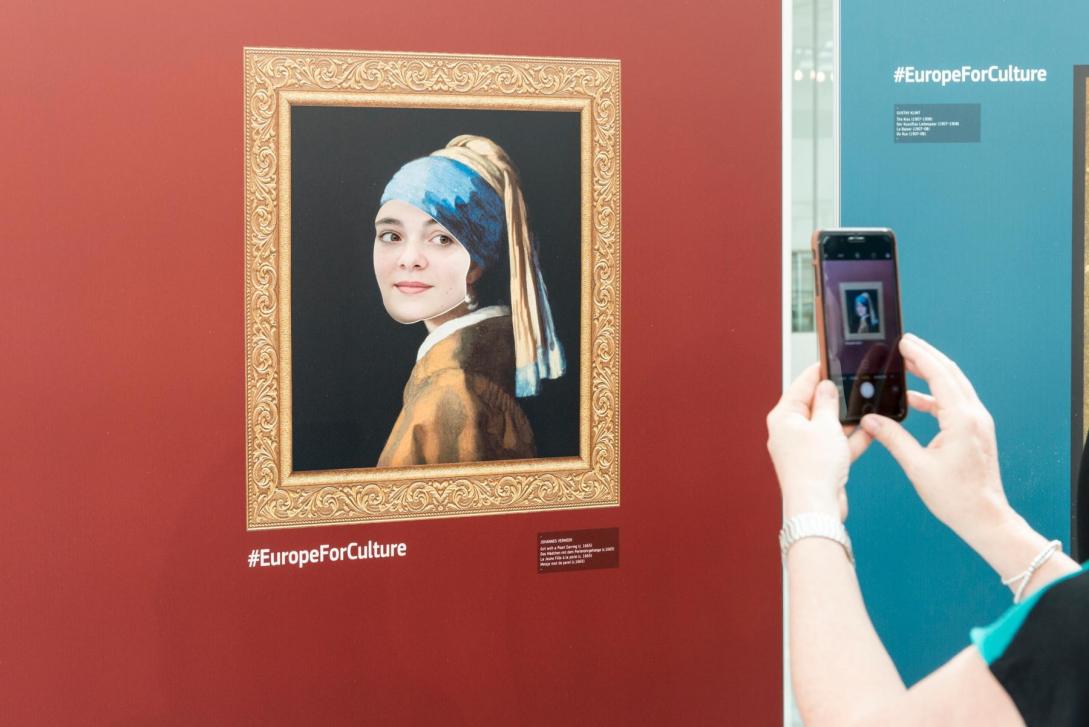Learning for Life: The Council of Europe and European Commission Celebrate the 2020 European Heritage Days

Europe, as we know it today, is the legacy of hundreds of years of literature, painting and music. It’s not by chance that the European Heritage Days are some of the most widely celebrated cultural events in Europe. Ever since their initial inception in 1984, they have helped shine a light on the richness and cultural diversity that exists across the continent. This year however, the European Heritage Days faces a challenge in the form of the coronavirus. Under the theme: “Heritage and Education: Learning for Life”, joint organisers the Council of Europe and the European Commission have nevertheless risen to the occasion in order to pave the way for some of the most innovative and creative Heritage Days celebrations yet.
European Heritage Days take place across a total of 50 countries, all of which are party to the European Heritage Convention. All 27 EU member states have signed and ratified the Convention. The European Commission co-organised the event for the first time in 1999 and have done so every year since. The EU firmly supports initiatives geared toward the preservation and celebration of European culture, especially within the context of this year’s designated theme: Heritage and Education. The EU recognises the role which the virtualisation of this year’s European Heritage Days can play in educating Europeans about their shared cultural heritage and in raising awareness about culture heritage across borders. Consequently, it intends to continue to support the Council of Europe in achieving these goals.
Speaking on the subject, Marija Pejčinović Burić, Secretary General of the Council of Europe, remarked: The European Heritage Days offer all citizens a unique opportunity to better understand how culture brings us together. Culture and cultural heritage are both an essential factor of social and economic development, as well as an important tool for creating a climate conducive of mutual understanding of European cultural diversity and richness. Education has always been a core part of the European Heritage Days and it features in all aspects of the programme”.
This year, many European Heritage Days are migrating to virtual platforms in order to conform to social distancing regulations. This however has a chance to highlight the importance of digitalising culture as well as to demonstrate its benefits of what we can learn from extending accessibility to wider audiences.
Examples of virtual Heritage Days include among many others: a virtual tour to the Lamas Museum in Portugal, a VR experience in medieval Koksijde Abbey in Belgium as well as an interactive simulation of Dutch cheese making in Kaaspakhuis.
“We are proud to present a programme which is both local-led and truly accessible by everyone across our entire continent. The COVID-19 pandemic has led to the disruption of the sector’s traditional way of working, making the digital transformation of cultural heritage institutions more relevant than ever” said Mariya Gabriel, European Commissioner for Innovation, Research, Culture, Education and Youth. With a view to shaping policy on the digitalisation of cultural heritage and in response to Recommendation of 27 October 2011 on the digitisation and online accessibility of cultural material and digital preservation as well as the added onus in light of the COVID-19 pandemic, the European Commission recently launched a public consultation on this subject. The EU hopes to play a leading role in shaping policy on the digitalisation of cultural heritage and invites you to offer your opinions here. The survey will close on September 14. Full details are available on the designated webpage of the European Commission.



